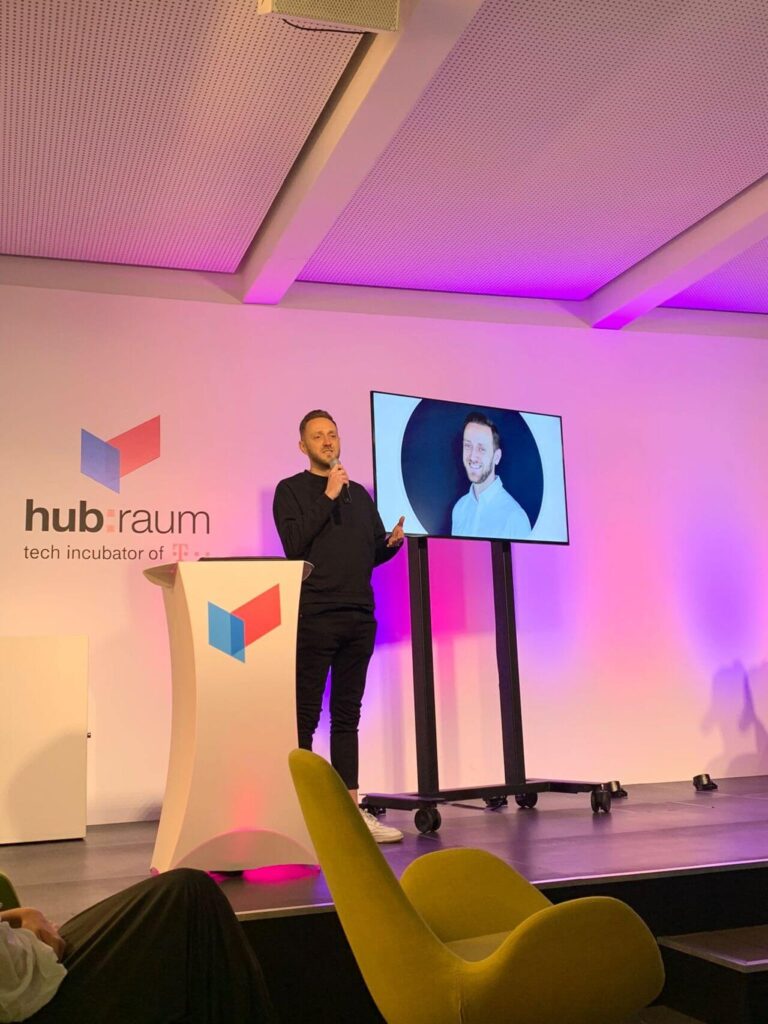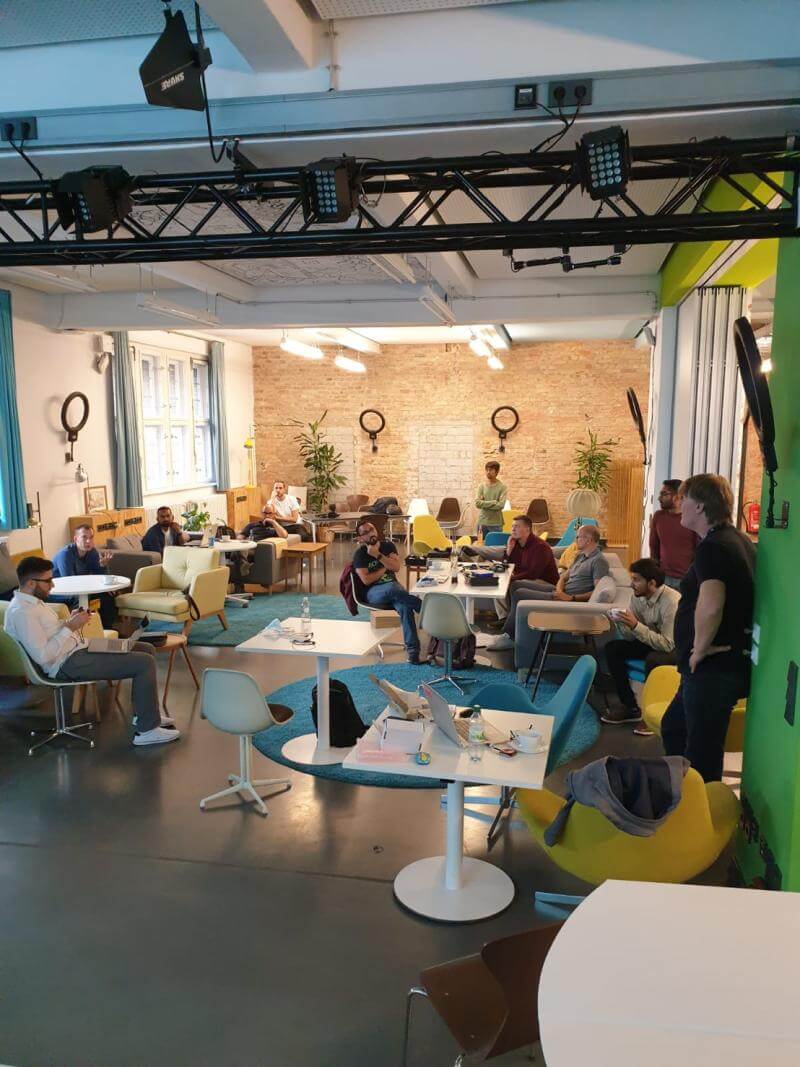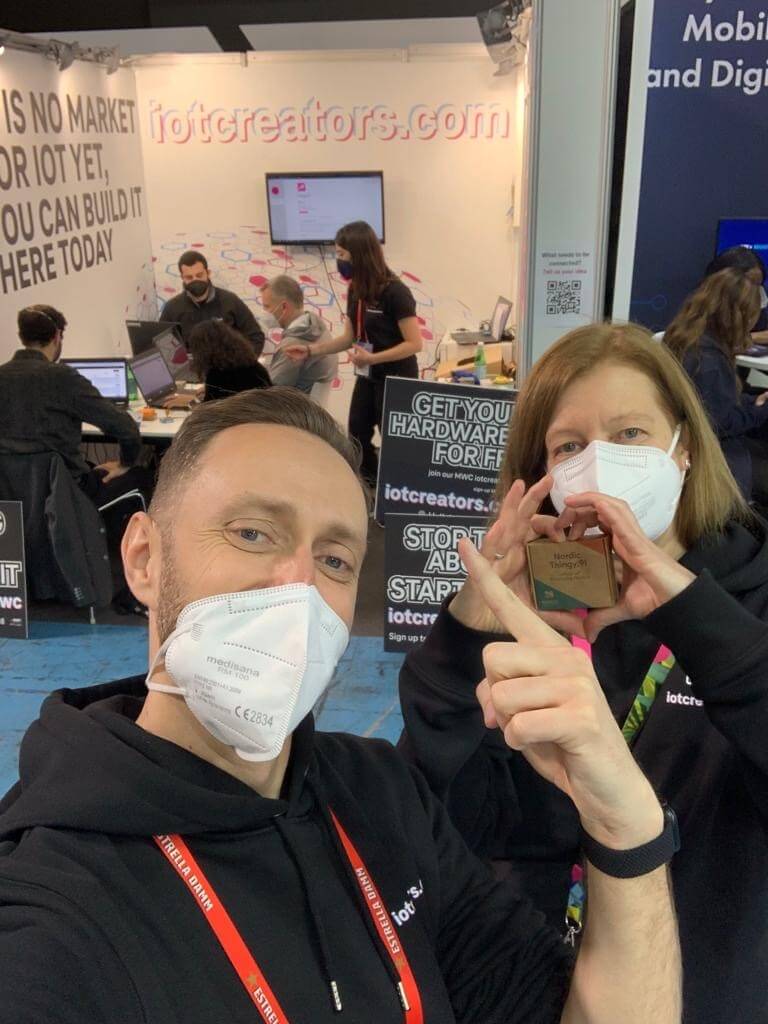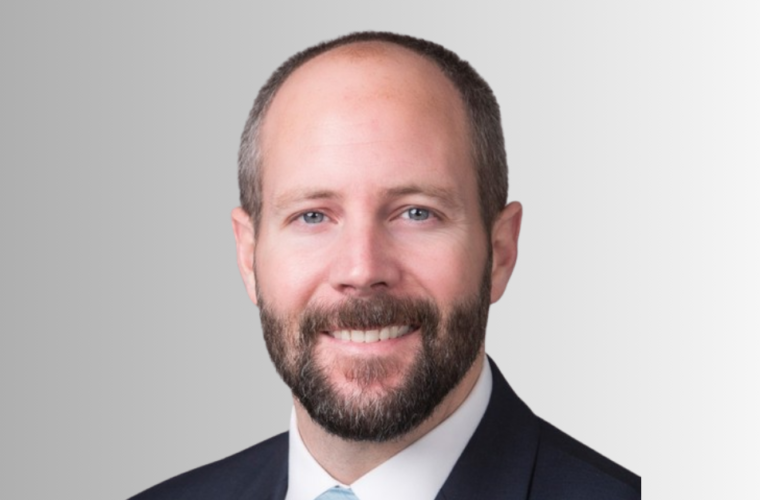You probably might have encountered the term IoT in your everyday life since it is thought to be where future technology is heading. IoT, which stands for Internet of Things, is a mixture of many smart technologies, where we can mention all everyday objects that can be connected to the internet and be recognized by other devices and contribute info to a database. The Internet of Things describes Internet V.2, where things create data.
While some would argue IoT got off to a rocky start with a lower adoption rate than was predicted, most would agree the IoT is growing and will continue to grow more and beyond. But one crucial part of this growth is the awareness of the people on what IoT is bringing to the table.
4imag had the chance to meet up close and talk with a fantastic group of innovators who have dedicated their time to growing IoT furthermore by bringing innovations and sharing them with the IoT community and everyone interested in this technology. This group, called iotcreators.com, is part of the Deutsche Telekom group, which offers solutions for business customers in the Internet of Things and machine-to-machine communication (M2M). The basis for Deutsche Telecom IoT group is global fixed and mobile networks, highly secure data centers, a comprehensive cloud ecosystem of standardized platforms and worldwide partnerships, and the highest level of security.
In an interview for 4imag, iotcreators Cofounders Florian Dücker (Product lead) and Uta Frankenstein (Architect Lead) shared their thoughts and goals with us and everyone who would like to read more about IoT.

Can you give us a little background history on how iotcreators was created? How did you and your team come up with the idea of starting iotcreators ?
Florian: Let’s say the very first period of what is now iotcreators is probably a little bit older, and its creation has some history behind it. Our founder was working with. T-Mobile, Netherlands, deployed a new technology, the IoT technology, in the Netherlands. But I would say it was probably a little more complicated than expected because not many people knew about this new technology, what it was for and how to use it. And it kind of went into a Sleeping Beauty phase.
But in 2020 and after, all our team was working together at Deutsche Telecom IoT, and this is where we, I would say, not accidentally met, but kind of gradually gravitated towards each other because we all had the same sort of thinking mentality about how we wanted to approach the market. We saw that the Asian market was not where it was expected to be then, and we thought maybe we needed to change how we were going to address the market. We wanted to make IoT. Mobile connectivity is a little more accessible, and this is when we decided to find the iotcreators.
It’s a corporate startup within a huge corporation, which has some benefits and some disadvantages, of course, but I think the balance is perfect. Advancing in IoT was the starting idea and how we came together and what we wanted to do is basically what created us.
What is the main goal that you guys are trying to reach? What objectives do you have in your mindset to achieve this year?
Florian: Our focus, as we said, is boosting IoT in the market. We saw a need to relaunch the original idea and focus a little more on the developer and community building because we realized there was a lack of knowledge regarding how to implement mobility and that base. That’s why we want to develop the market and make the development of mobile IoT solutions a little bit easier. I like to compare it a little bit to website design because everybody can now design a website.
Because it’s so easy, and everybody has the tools for it. And as we said, the IoT developing and analyzing solution is still very complex and difficult. What we want to do is take the complexity out of it. So we want to educate people on how to use it and make it a little bit easier. That is why we have started a series of workshops around Europe, with our motto: Stop talking about IoT and start doing it.






What are your main products and solutions as a startup, and what makes you different in the IoT community?
Uta: I think the difference between what we offer as other IoT service providers is that what telcos usually offer significantly impacts the developers. On one side, you have the mobile network and the connectivity provided by mobile operators, and then there’s a huge gap that needs to be closed between the mobile network and your cloud application. So, to sensor data in Azure, AWS, Google Cloud, etc., to your mobile network, a considerable gap exists that IoT can help.
We are offering a solution to closing that gap, with a protocol and messaging server implemented. Typically people who develop IoT solutions would need to host these services themselves. But what we offer differently in the market is the middleware layer connecting your device to the cloud dashboard through a small kind-of-like SIM card. We are removing the complexity of connecting your device to your cloud platform. We also have modern support channels where people can reach out, and we can talk directly to them and help them out.

What benefits does IoT bring to everyone who uses it?
Uta: IoT is supposed to make life easier for poor people in developing countries. It is not a technology created to use in higher developing countries only. An interesting example that I would like to mention is the usage of IoT in an innovative way that we encountered during our residency program.
A group from Africa uses IoT to provide clean cooking gas to core families. Generally, in Africa, families cannot afford to buy a lot of gas, and they have this as fuel for their daily cooking. These guys want to connect to the internet the gas gallons so that they can charge per day or user the gas consumption. And with the help of IoT, they can measure how much consumption is needed, so families don’t buy more than they need. This is one example where IoT can change the life of people.
In your opinion, how are people adapting to this disruptive and innovative technology?
Florian: In different scenarios, we see a slight resistance to change from other businesses around the world. Even if the use of this technology from e technical and business perspective is more efficient, you can still see that people are a little resistant to change because they’re not yet familiar with this technology. I think it’s more about educating people and showing them and relentlessly trying to explain why it would make sense to use this technology. But this change cannot come overnight since people need to understand it and its value. It will take a little time to get there, but the future looks promising.



